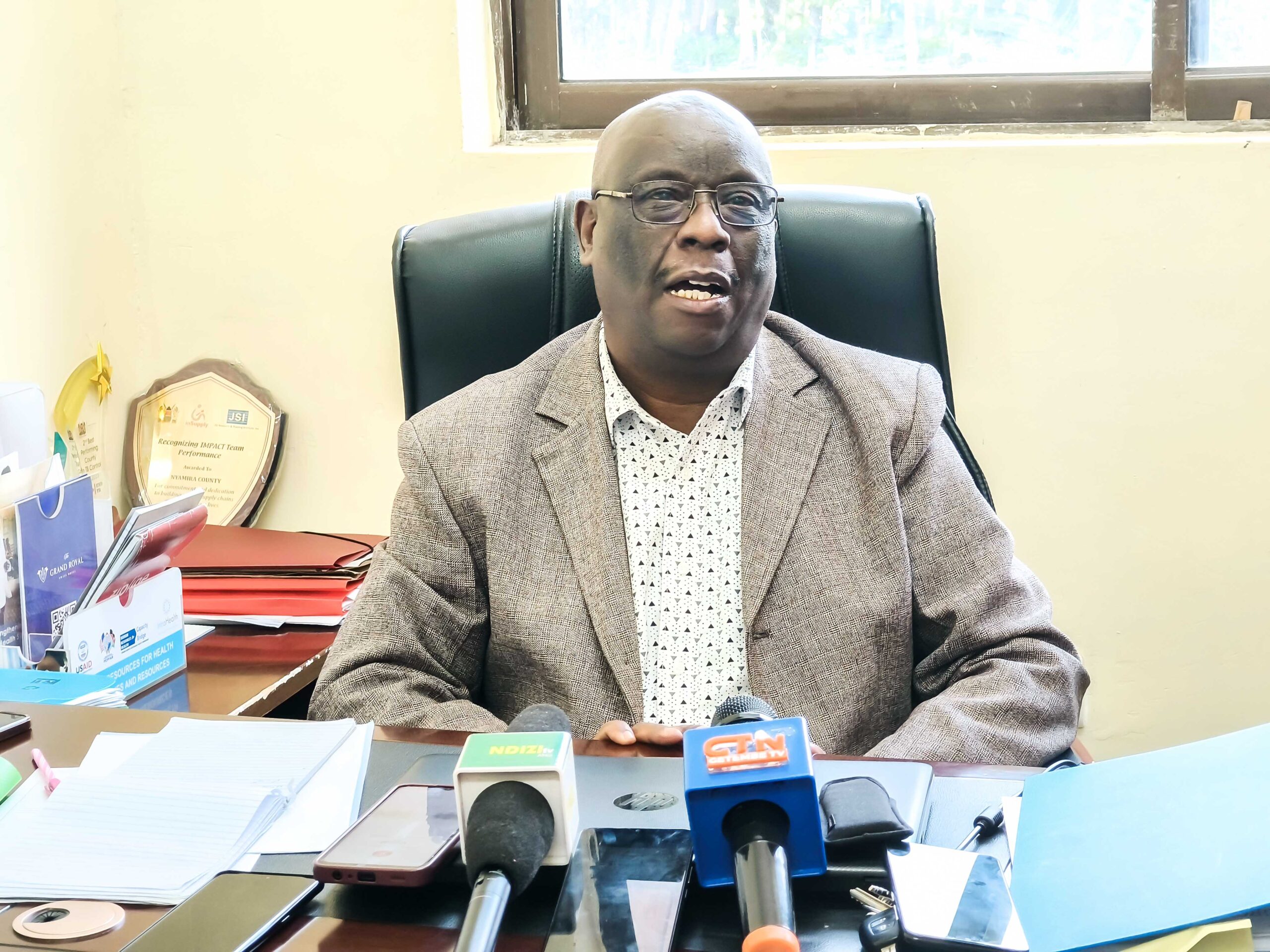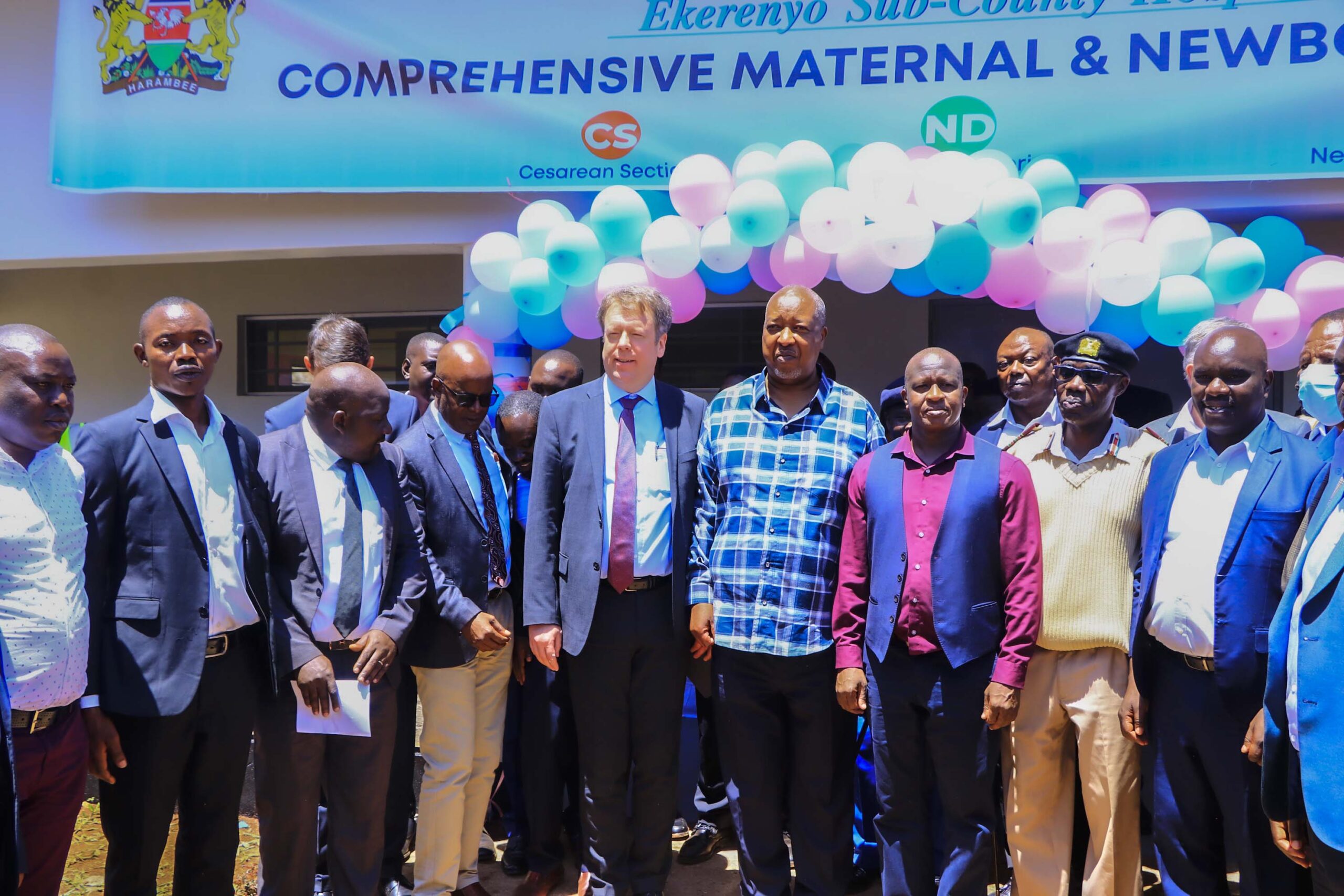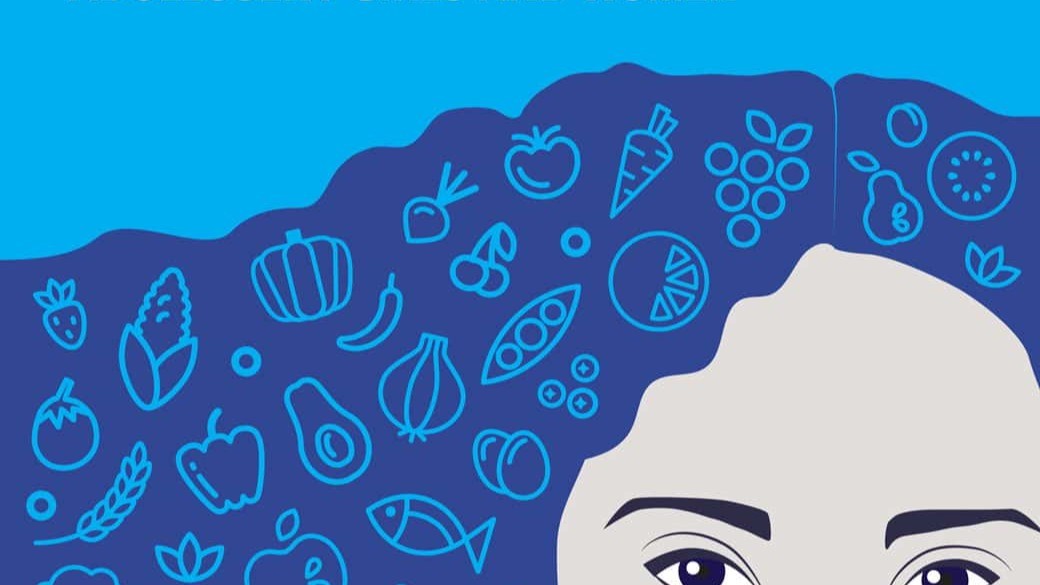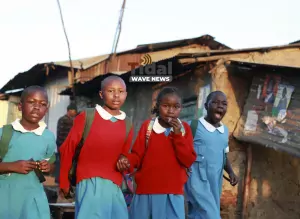
Arnold Ageta
Many girls in Africa miss school during their menstrual period because they cannot afford sanitary towels. A recent study by the World Bank reports that, on average, girls miss school four days every four weeks.
A study by UNESCO found that one in 10 girls in Sub-Saharan Africa missed school while on their period.
In Kenya, it is estimated that girls lose an average of 4 days of school a month, which costs them 165 learning days over four years of high school.
It’s three o’clock in the afternoon at Soda primary school in the heart of the Kibera slum in Nairobi. Fourteen-year-old Quinter and her friend Lucy sit inside their class and watch their classmates make their way to the nearby playground for games. Today, Lucy cannot play and Quinter is here to support her friend.
‘‘It makes me sad because I can’t play like the others. If the teacher comes in and asks me why I am not outside, I will give an excuse because of embarrassment to tell him the truth,’’ said Lucy.
On her side, Quinter says it is better to stay at home when you are on your periods.
‘‘The only problem is that you have to explain to your parents. It is so embarrassing and sometimes my dad does not even want to understand,’’ says Quinter.
Lucy and Quinter are just two of the many girls in Africa who experience shame during their periods for at least two to seven days a month.
When I asked them what they use during their menstruation days and how it makes them feel. Lucy said that her mum cannot afford to buy pads from the supermarket. She sometimes uses tissues papers or pieces of blankets.
‘‘Sometimes they fall and the boys laugh at us.,’’ timidly Lucy said.
‘‘That’s why we sit here instead of playing with the rest,’’ added Quinter.
Sometimes they wash them but there are times when there is no water so I have to wait until they get some water.
‘‘But there are some pieces of cloth which are dirty and it can affect you,’’ regrets Lucy.
Like Lucy, Quinter uses pieces of clothes or cut a piece of sponge from a matress which she stores under her bed to hide them from her younger siblings.
‘‘I do not want my younger sister and brother to see them. This means it may be dirty when I want to use it again and I am always scared it might affect me,’’ says Lucy looking down.
Women and girls in countries around the world who can’t afford menstrual products or don’t have access to them are forced to use old clothes, paper, and even leaves to manage their menstrual bleeding.
This situation is worse for schoolgirls like Lucy and Quinter because not only do they miss school on the days of their period, but these materials are unhygienic and can cause problems like reproductive tract infections.
But the available sanitary towels are too expensive for their parents. To find out how affordable sanitary towels are, I went to the nearest supermarket.
Here people are moving from one section to another in the supermarket as they do their shopping.
I stand in a supermarket aisle and I can count at least four different brands of sanitary towels and tampons ranging from a dollar to six US dollars for a packet of eight disposable pads.
That is the cost of a quarter kilogram of meat in a Kenyan household, and very few households even have meat on their menu. This means that sanitary towels are the last thing that most families would budget for.
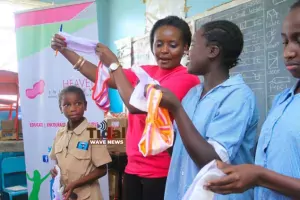
Florence Kamaitha, founder of the organization, Pad Heaven, and the creator of Malkia washable pads in Kenya is in the fore front in promoting menstrual hygiene. I asked her why she is interested in menstrual health.
‘‘I started this initiative in 2012 after I visited a rural school and noticed that only boys were in the playing field. On asking, I was told that most of the girls were at home because they had their period and could not afford sanitary towels,’’ she explained.
This is when she resolved to give as many girls as possible a way to go through their period with dignity.
‘‘Women and girls in Kenya lack adequate facilities for managing menstrual hygiene. This includes access to clean water to clean themselves during their periods, clean lockable toilets or pit latrines where they can change, a proper way to dispose of their used pads, and affordable and quality products to manage their flow,’’ said Florence
According to Florence, good menstrual hygiene prevents bacterial infections and skin irritation as well as toxic shock syndrome. Girls and women also lack information on menstrual hygiene and health.
‘‘Menstrual health information can guide women and girls on the number of hours to stay with a pad or a tampon, the correct kinds of product to use, and ways to dispose them. When they have the correct information about menstruation, girls and women can make healthy and well-informed choices about her body,’’ she said.
Florence says girls’ inability to manage menstrual hygiene in school results in school absenteeism, which has severe economic costs on her life and on the country.
Florence’s Pad Heaven designs a leak-proof, safe, and affordable reusable pad which costs about 5 dollars.
Many countries in sub-Saharan Africa have started initiatives to provide sanitary pads for women. Kenya was the first to reduce the cost of sanitary products for rural girls and remove the value-added tax on menstrual hygiene products.
‘‘Kenya launched a menstrual hygiene policy in 2019. It outlines what needs to be done to ensure that girls and women have what they need to manage their periods. The government also introduced free pads in schools, which served quite a number of schoolgirls for a few years,’’ said Florence.
However, in the 2021-2022 budget, no funds were allocated towards menstrual management.
Florence still believes that more can be done in schools and workplaces by providing menstruation products and facilities to ensure that girls and women handles their periods hygienically, freely, with dignity, and without stigma or taboos.
For Lucy and Quinter, the 14-year-old girls from Kibera, all they want is to be able to stay in class and play like their other classmates. But they can only do this if they have access to sanitary pads, water, and sanitation, and accurate on menstruation health and hygiene.
Quinter and Lucy agree that they want to use pads like other girls form well off families.
‘‘We will be able to stay in school, play with our friends, and not worry about the pad falling off,’’ says Lucy while smiling.

